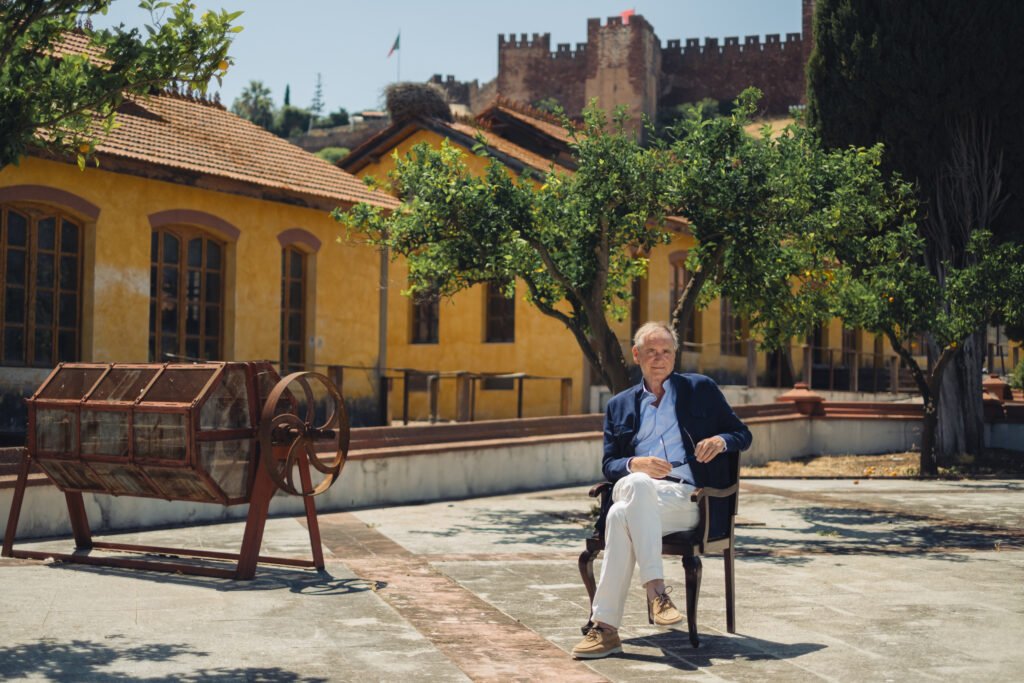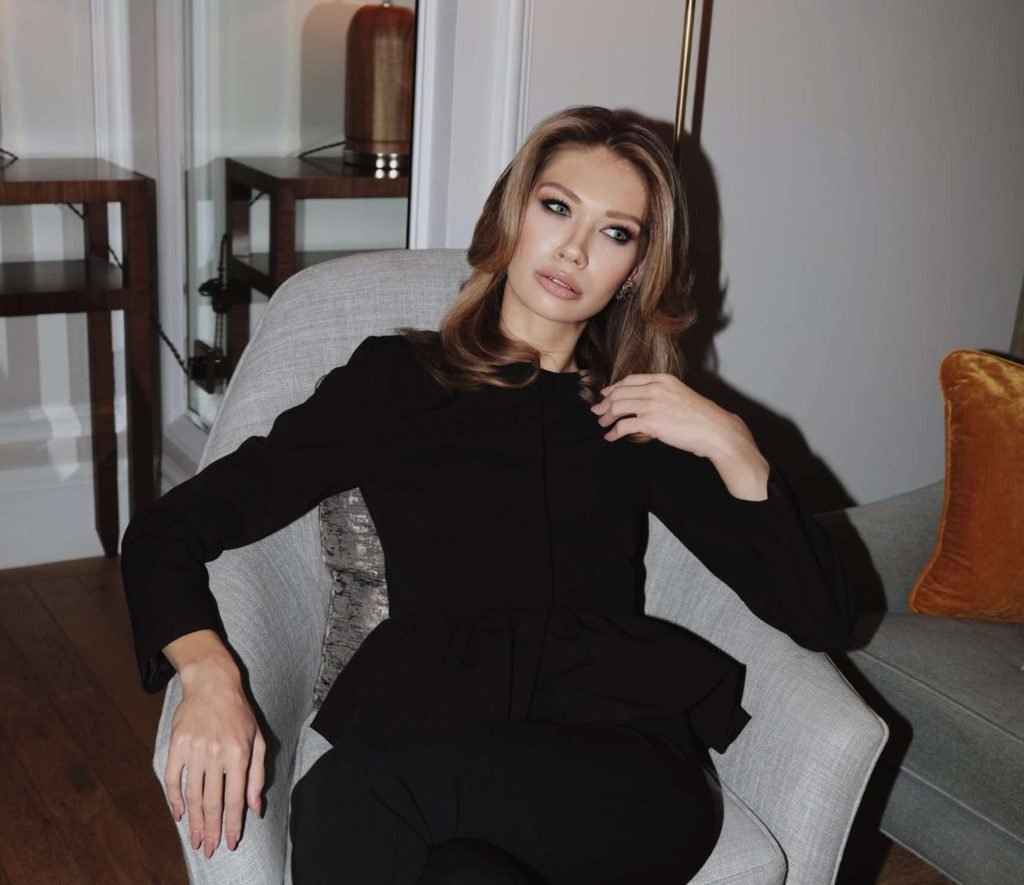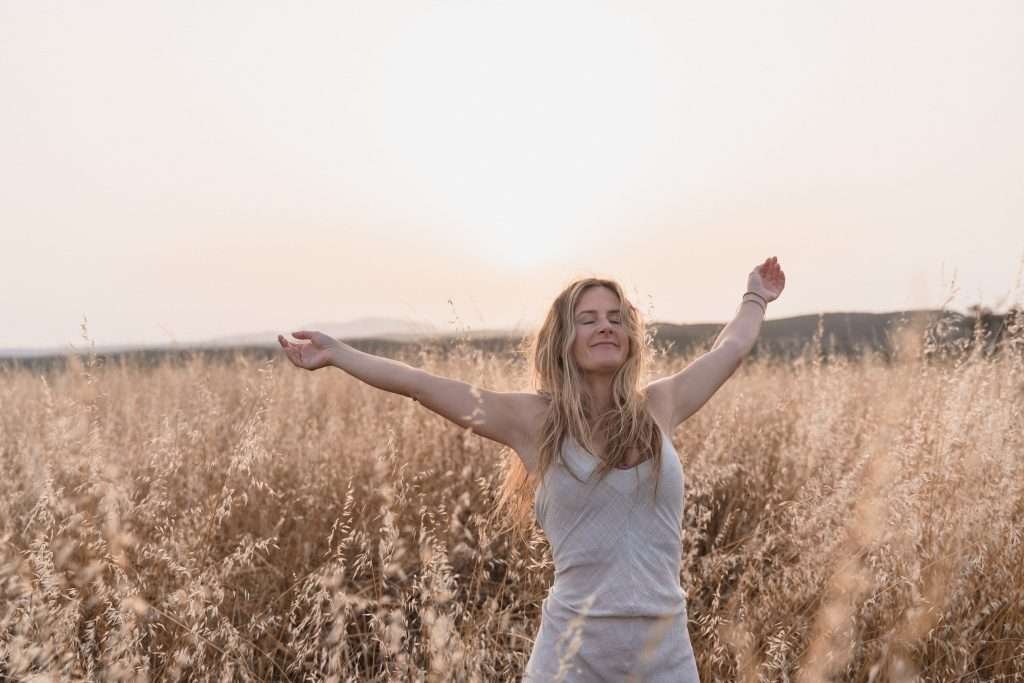An inspiring culinary expert and co-owner of a Michelin-starred restaurant. Alexander shares his unique perspective on cuisine, his passion for food, and his adventures in the world of fine dining.
Can you share some fond memories or influential experiences from your childhood that you feel have shaped your passion for cuisine and hospitality?
Food was the celebration for us. So even at Christmas, the celebration wasn’t about receiving lots of gifts; it was about having good food, and a beautifully decorated table, with candles. The many carefully prepared dishes requiring quality ingredients were associated with Holidays like birthdays and Christmas.
Were there any particular family traditions or culinary practices that inspired your journey into the world of gastronomy?
My mother always used bold flavours. She always cooked with fresh ingredients and used everything from our garden. So I was always used to fresh foods and ingredients; I grew up with this, and there was never an option for us to buy meat or vegetables from the store. It’s very interesting that people nowadays, especially in cities, eat much less variety than when I was a child, when, for example, every part of the pig was used by rural people.
What inspired you to pursue a career in the culinary arts, and how did your professional journey lead you to become a co-owner of a Michelin-starred restaurant?
I opened my first restaurant 14 years ago; that was my first attempt. I come from a completely different field; I am a mathematician programmer and have worked in the HR business for 20 years, but emotionally I have always been drawn to hospitality. I believe that hospitality is also an evolutionary heritage for us; for example, offering others what is ours, community creation, and deep conversations with friends—there are many symbols that if one experiences in life, one can lead a fortunate life. Of course, I could have gone to play the violin, but I have no talent for it, so the only tool I have to create joy and magic is to create a restaurant. I thought that after closing my first restaurant, I would never deal with it again, but then I could never seem to break away from it.
What do you believe sets your Michelin-starred restaurant apart from others, both in Hungary and globally?
Gastronomy is an infinite universe, from which everyone cuts out only a subset. Certain restaurants may resemble each other, even seemingly copying each other. Still, every restaurant is different, every person cooks differently, every dish has infinite possibilities in the universe, and there are neither two identical dishes nor two identical ingredients. But what sets our restaurant apart is that we connect more boldly with the world; we easily prepare a traditional Hungarian dish with lobster because we believe that in terms of flavour pairing, it stands out, and we are not bothered that lobsters were not so common in the area where this Hungarian traditional dish was eaten. Furthermore, I believe that our restaurant’s travels, which also happened through the YouTube channel, our previous joint travels with the chef, shape it nicely, and this is a unique thing even in Hungary.
Can you describe a memorable moment or turning point in your career that affirmed your dedication to culinary excellence?
This is a story from 20 years ago, so in this period, there must have been no Michelin-starred restaurants in Hungary. I was 26 years old when a Belgian chef came to Esztergom – a Hungarian small town – for a love story and opened a restaurant that the then-closed-minded, traditional Hungarian food-loving audience did not visit much. I always went there for lunch, I was alone, and Philip told me everything about the food because he saw that I was very interested. That was the first time in my life I ate raw meat; I couldn’t even imagine eating raw beef before then, that was the first time I ate shrimp, he talked a lot about wines. And I realised that the world I knew until then was completely different. So Philip was the one who opened the door to ‘Wonderland’.
Your YouTube channel and Instagram page, “Alexander the Guest,” have gained quite a following for showcasing the best of Michelin restaurants worldwide. What inspired you to start this venture, and what do you hope viewers take away from your content?
I had previously created content for YouTube, and one of my mentors, a consultant in the restaurant, suggested that if I wanted to create content for YouTube, why not show the many beautiful places, and things that I experience, and see during my travels? And I liked this idea. Of course, at that time, I didn’t think it would grow into such a big thing.
How do you select which restaurants to feature on your platform, and what criteria do you use to determine excellence in dining establishments?
I have seen more than half of the 3-Michelin-starred restaurants already. If we see something very exciting or interesting innovation, then we go there and try it out. Those on the 50 BEST list seem to be good, we still check those. And of course, many are also recommended.
Could you share an unforgettable experience or encounter from your travels while filming for “Alexander the Guest” that particularly resonated with you?
It’s truly incredible how I’ve had the opportunity to converse with or even be recognised by industry figures whom I respect.
As a co-owner of a Michelin-starred restaurant and a content creator, how do you manage to balance the demands of entrepreneurship with your creative pursuits?
The difference between running a business and entrepreneurship is perhaps that one copies yesterday, while the other needs to detach a bit and look towards the future. For me, entrepreneurship is creativity. When one invents things that don’t exist, that always involves some creativity, and I think in this respect, writing a program or solving a beautiful equation is also creativity. So I think I am in the fortunate position of not having to copy yesterday.
How do you envision the future of fine dining evolving, particularly in light of the changing landscape influenced by technology and shifting consumer preferences?
I think storytelling plays a very important role in fine dining. As we already see now, it will play an even more important role in the future. Restaurants want to become more distinctive. I think few restaurants will be able to maintain that interest. I think satisfying the younger, faster-paced audience will require a different kind of structure, and I think restaurants need to adapt to this. I think few restaurants will be able to bring the classic French school, and I already see that they are trying to solve this. On New Year’s Eve, I was in Dubai and had the opportunity to speak with Björn Frantzén. Obviously, we talked about restaurants, and he told me, “A restaurant should be fun.” It’s a very simple statement, but perhaps that’s the essence of it.
What personal philosophy or ethos guides your approach to both your restaurant endeavours and your online presence?
Striving for perfection without compulsion. Also, remind myself that ‘I don’t know,’ so it’s important to have openness to learning new things, and to the development because there is always more to see, to learn, to experience from the world. And know that in a few years, many of my views will probably change, and this fact should not breed doubt but rather a desire for progress.
Can you share a piece of advice or lesson you’ve learned along your journey that you believe aspiring chefs or entrepreneurs could benefit from?
You have to know that you don’t know. You know the Dunning-Kruger effect. We are all students here. Study your lesson!













